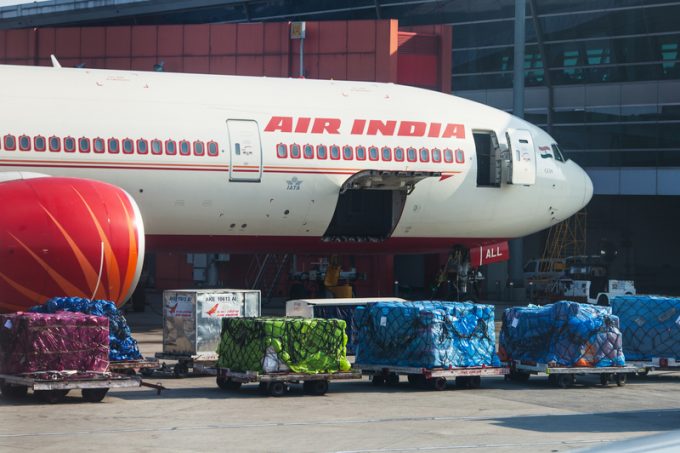Strong Q4 and booming ecommerce drives 'record peak season' for air cargo
A “very strong Q4” for air cargo will likely turn into a record peak season, ...

India’s salt-to-software conglomerate Tata Group yesterday took the reins at Air India, finally sending some positive signals for the national airline.
The carrier is saddled with multiple challenges that have become even more daunting amid unpredictable Covid events.
In October, Talace, a subsidiary of Tata Group holding arm Tata Sons, made the winning bid for the loss-making carrier after a long-contemplated privatisation strategy by the Indian government.
It said: “The Air India strategic disinvestment transaction has been completed today (Thursday), with the government ...
Asia-USEC shippers to lose 42% capacity in a surge of blanked sailings
USTR fees will lead to 'complete destabilisation' of container shipping alliances
New USTR port fees threaten shipping and global supply chains, says Cosco
Outlook for container shipping 'more uncertain now than at the onset of Covid'
Transpac container service closures mount
DHL Express suspends non-de minimis B2C parcels to US consumers
Zim ordered to pay Samsung $3.7m for 'wrongful' D&D charges
Flexport lawsuit an 'undifferentiated mass of gibberish', claims Freightmate

Comment on this article